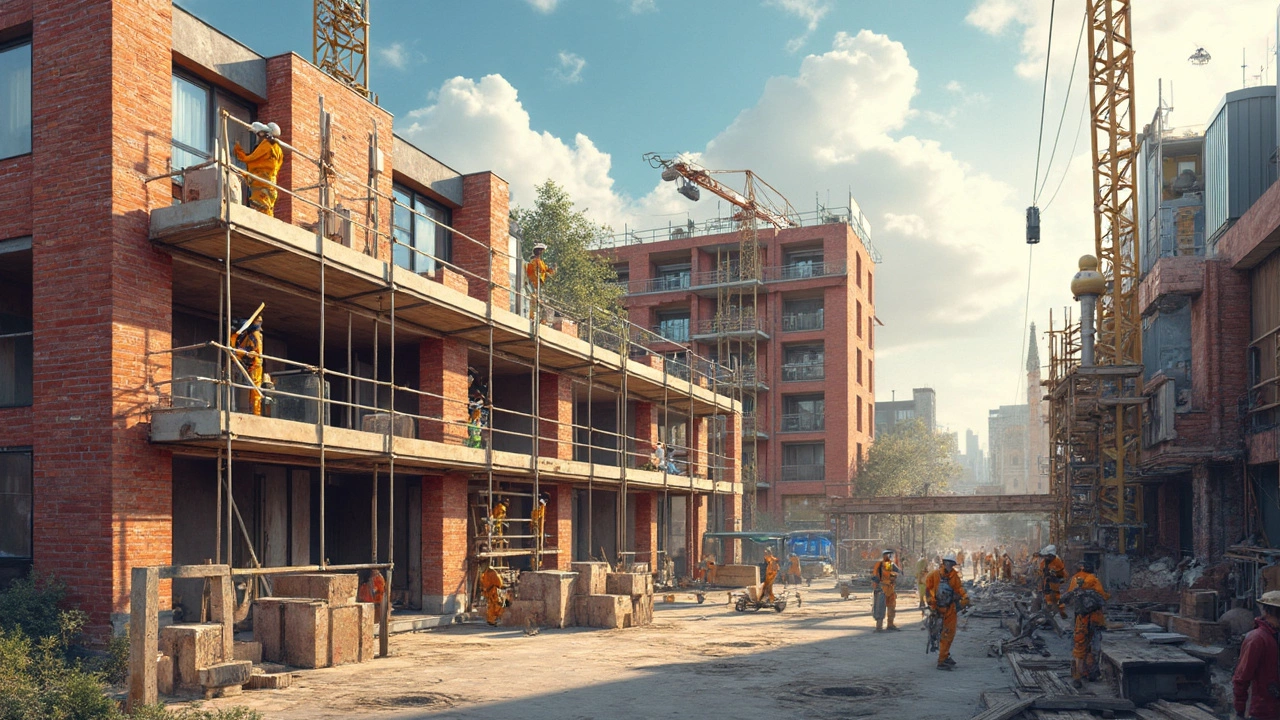Construction Basics: Easy Guide to Building Smarts
Thinking about tackling a DIY remodel or hiring a crew? Knowing the basics can save you time, money, and headaches. Below you’ll find the core ideas every homeowner or starter builder should have at their fingertips.
Key Terms You Should Know
Foundation – the part of a building that sits on the ground and supports everything above it. It can be a slab, crawl space, or basement. Check the soil type and make sure the concrete mix matches the load you expect.
Load‑bearing wall – a wall that carries weight from the roof or floors down to the foundation. Removing or altering one without a professional can cause cracks or even collapse.
Framing – the skeleton of a house, usually timber or steel, that defines rooms and supports the roof. Proper spacing and nailing are crucial for stability and for getting insulation to fit right.
Rough‑in – the stage when plumbing, electrical, and HVAC systems are installed before walls are closed up. It's the perfect time to double‑check pipe locations and wiring routes.
Trim – the finishing material like baseboards, crown molding, and door casings. While it looks decorative, good trim hides gaps and improves energy efficiency.
First Steps for Any Project
Start with a clear plan. Sketch the layout, list materials, and set a realistic budget. A simple spreadsheet can track costs and keep you from overspending.
Next, get the right permits. Even small jobs like adding a deck or moving a wall often need local approval. Skipping this step can lead to fines or forced removal later.
Measure twice, cut once. Before you order lumber or tiles, double‑check every dimension. Mistakes in measurement are the most common cause of waste and delays.
Invest in quality tools. A sturdy drill, a reliable level, and a good tape measure make a huge difference. You don’t need the most expensive brand, but cheap tools can break and cause safety issues.
When hiring tradespeople, ask for references and proof of insurance. A licensed plumber or electrician protects you from liability and ensures the work meets code.
Finally, schedule inspections at each major stage – foundation, framing, and final. An inspector catches problems early, so you can fix them before they become costly fixes.
Keep these basics in mind and you’ll feel more confident whether you’re renovating a bathroom or building a shed. The knowledge you gain now will pay off on every future project, making your builds smoother, safer, and more affordable.

